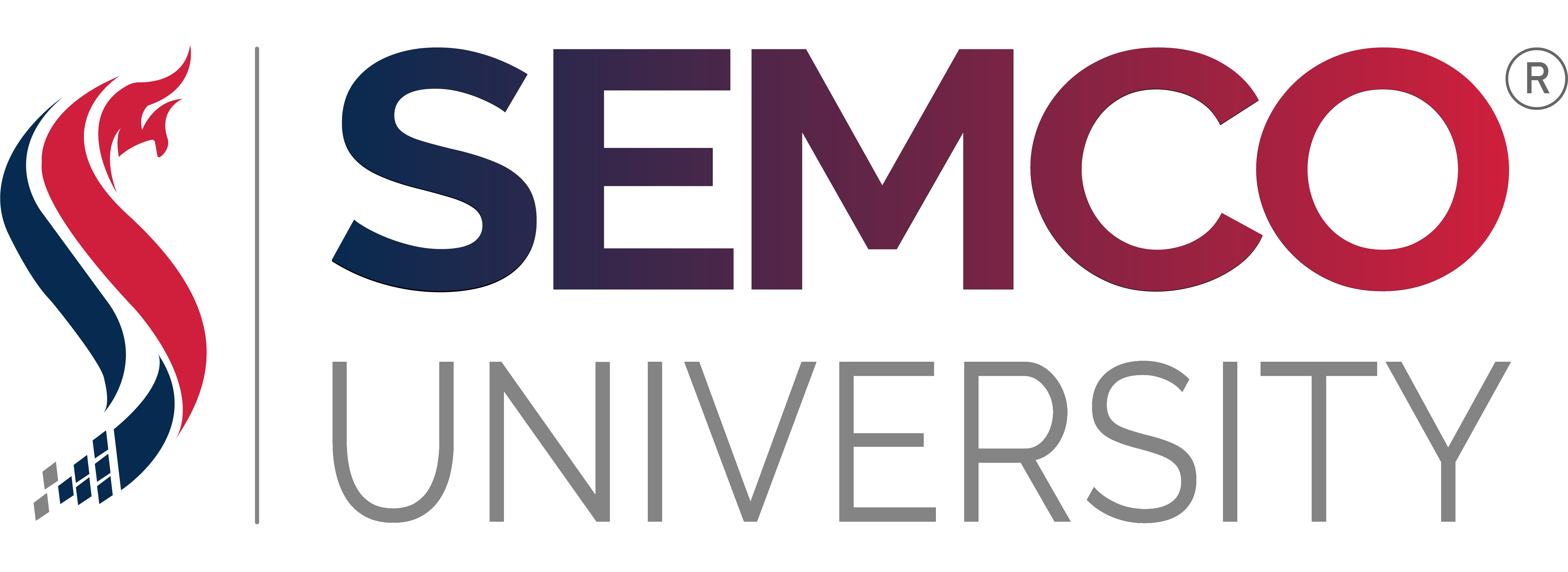India has been making great strides toward electrification and clean energy, with a particular focus on electric vehicles (EVs). However, one major hurdle in the country’s ambitious plans is the procuring raw materials for batteries, particularly lithium-ion batteries.
- Lithium, cobalt, nickel, and manganese are key materials used in the production of lithium-ion batteries, which power a vast majority of EVs. India, like many other countries, does not possess significant reserves of these minerals and relies heavily on imports to meet its demand.
- The growing demand for lithium-ion batteries has resulted in a global shortage of these raw materials, leading to a surge in their prices. As a result, the cost of manufacturing lithium-ion batteries in India has increased, making it difficult for Indian manufacturers to compete with their global counterparts.

- India has attempted to address this issue by encouraging the domestic production of raw materials. In 2020, the Indian government launched the National Mission on Transformative Mobility and Battery Storage, which aims to promote the domestic production of advanced chemistry cell (ACC) batteries and their raw materials. The government also announced a production-linked incentive (PLI) scheme worth Rs 18,000 crore ($2.5 billion) to incentivize domestic manufacturing of ACC batteries.
- Despite these efforts, several challenges need to be overcome for India to achieve self-sufficiency in battery raw materials. One major challenge is the lack of significant reserves of these minerals within the country. India has only limited reserves of lithium, with most of the reserves located in the southern state of Karnataka. Cobalt is not found in significant quantities in India, and the country relies heavily on imports from countries like Congo, which has been accused of using child labor in its mining operations.
- Another challenge is the lack of infrastructure for mining and processing these minerals. India does not have the necessary technology and expertise for mining and refining these minerals, which requires significant investment in research and development. Additionally, the mining and processing of these minerals can have significant environmental impacts, which need to be addressed through proper regulations and mitigation measures.
- India also faces competition from other countries in securing supplies of these minerals. China, for instance, is the largest producer of lithium-ion batteries and has been securing supplies of raw materials through strategic investments in mining operations in countries like Chile and Argentina. This has allowed China to secure a significant share of the global supply chain for lithium-ion batteries, giving it an advantage in the global market.
- Furthermore, the global demand for these minerals is expected to grow significantly in the coming years, driven by the increasing adoption of EVs and the shift towards renewable energy. This will put further pressure on the supply chain and result in higher prices for these raw materials, making it difficult for countries like India to secure supplies at affordable prices.
- To address these challenges, India needs to adopt a holistic approach that includes domestic production, strategic investments in mining operations abroad, and collaborations with other countries to secure supplies of these raw materials. The government also needs to address the regulatory and environmental issues associated with mining and processing these minerals and invest in research and development to develop the necessary technology and expertise for domestic production.
In conclusion, Procuring raw materials for batteries is a major challenge that India needs to overcome to achieve its ambitious plans for electrification and clean energy. While the government has taken some steps to promote domestic production, several challenges need to be addressed through a holistic approach that includes domestic production, strategic investments, and collaborations with other countries. Only through such a comprehensive approach can India achieve self-sufficiency in battery raw materials and become a leader in the global EV market.
About Semco – Semco University is an educational website that is catering to the needs of students and researchers. Offering information on Lithium-ion batteries. The resources and content are compiled from various sources including manufacturers, test labs, crowdsourcing, etc. Our motto is to provide a viable resource for companies, students, and enthusiasts interested in participating in the Li-ion Battery industry. Our initiative is to make people aware of the benefits, and opportunities of the revolutionary Lithium Batteries for multiple applications.
For More Updates Follow Us
WhatsApp – Facebook – Instagram – Twitter – Linkedin – Youtube

